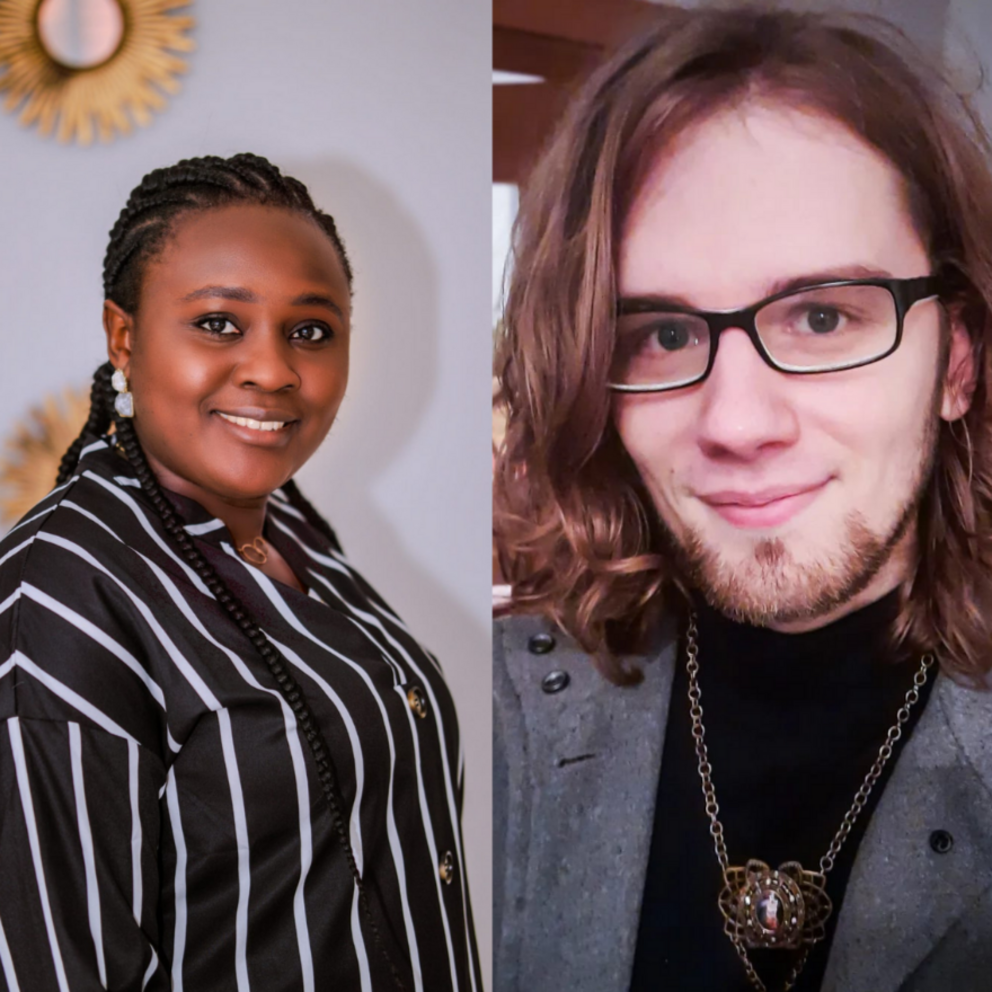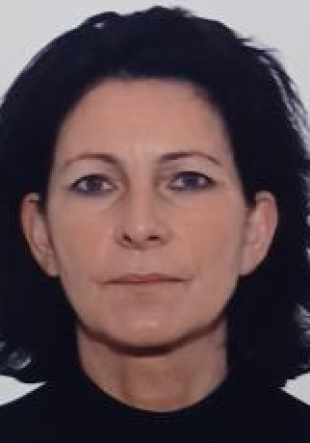Experience German for specific purposes: B2/C1
German for specific purposes is aimed at international students, doctoral students, Paderborn University academics and exchange students from partner universities who use German as a foreign language at university and in their professional environment.
- Each course comprises 30 teaching units (UE).
- If you successfully complete the course, you will receive 3 ECTS per course.
- You are welcome to take part in several courses in the course of a semester.
- You will be informed by the lecturers about how the lessons are organised and how you can earn credit for successful participation.
A minimum language level of B2.1 in German is required.
Placement test
- If you already have German language skills but have not yet completed a German course at Paderborn University, you must take a placement test before enrolling.
- The test takes place online via KOMO: detailed instructions.
- Please note the deadlines in KOMO.
Course dates | Course description | Course number |
| Wed, 9 Oct. 2024 [14:00] - Wed, 29 Jan. 2025 [15:30] | Speaking Practice? Yes please! - for language level B2 and higher This seminar is aimed at students who have already completed a B2.1 course and would like to further improve their language skills with a focus on oral expression. In the seminar, we discuss newspaper articles on various topics and deepen the following fields of oral communication, which are typical in a university context:
| L.ZfS.50304 |
from 17.10.24 Thu, 17 Oct 2024 [09:00] - Thu, 23 Jan 2025 [12:45] | Experience German (B2/C1): Exploring your own subject linguistically
| L.ZfS.50401 |
from 15.10.24 Tue, 15 Oct 2024 [14:15] - Tue, 21 Jan 2025 [17:45] | Experience German (B2/C1): Academic writing with pleasure | L.ZfS.50402 |
| Wed, 9 Oct. 2024 [14:15] - Wed, 29 Jan. 2025 [17:45] | Experience German (B2/C1): Out of the seminar room - into the internship | L.ZfS.50403 |
| Tue, 8 Oct. 2024 [09:15] - Tue, 21 Jan. 2025 [12:45] | Experience German (B2/C1): Working with biographies and getting inspiration | L.ZfS.50404 |
| Tue, 4 Feb. 2025 [09:15] - Tue, 25 Mar. 2025 [12:45] | Experience German (B2/C1): Creating contributions for podcasts, blogs and co. (with excursion) | L.ZfS.50405 |
| Fri, 25 Oct 2024 [09:00] - Fri, 24 Jan 2025 [13:00] | Experience German (B2/C1): Exploring Paderborn and the surrounding area linguistically (with excursion) | L.ZfS.50406 |
| Wed, 16 Oct. 2024 [16:15] - Wed, 26 Mar. 2025 [17:45] | German (A1-C1): Learning strategies and autonomous learning | L.ZfS.50500 |
If you have any further questions about the semester courses that have not been answered above, please send them to us by e-mail: deutschkurse@upb.de
Office hours:
Tue 2 - 3 pm (N1.344)


